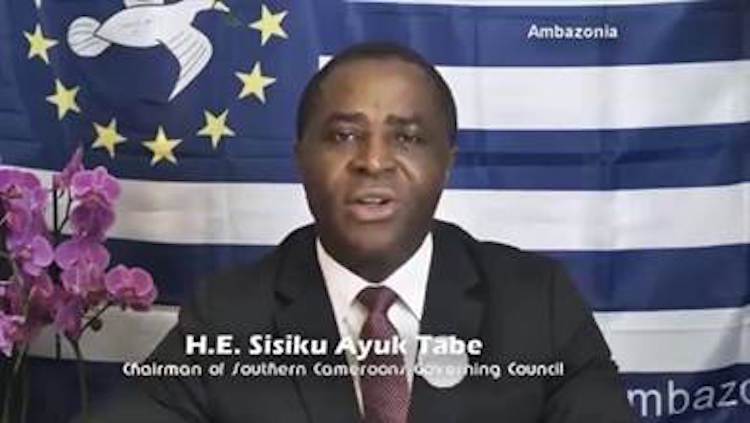By Lisa Vives, Global Information Network
NEW YORK (IDN) – In a new 37-page report, the rights watchdog Amnesty International has documented “unlawful killings, destruction of private property, arbitrary arrests and torture” in two restive regions in Cameroon tied to a power struggle pitting French- against English speaking Cameroonians.
In the Amnesty report titled, A turn for the worse: Violence and human rights violations in Anglophone Cameroon, victims gave harrowing accounts of beatings and allegations of simulated electrocution and torture carried out by the military as well as attacks on schools and teachers by armed Anglophone separatists.
“Far from resolving the crisis, the clampdown on any form of dissent and the heavy-handed response by the Cameroonian authorities and security forces appear to have empowered and created space for more radical and violent movements to emerge, with a focus on secession and armed struggle,” Amnesty said.
Unrest in Cameroon drew international attention in November 2016 when English-speaking teachers and lawyers in the northwest and southwest began calling for reforms and greater autonomy. They marched on the streets, criticizing what they called the overbearing influence of French in the country, which has English and French as its official languages.
In May 2018, a military tribunal sentenced seven English-speaking detainees to 10 to 15 years in prison in connection with the unrest that has paralyzed business. Among them was radio host Mancho Bibixy, leader of the so-called “coffin revolution” who used an open casket in street demonstrations calling for better conditions for the poor.
While news accounts refer to “separatists” and “Anglophones”, few discuss the historic ties of the “separatists” to Ambazonia, the southern territory of Cameroon founded for freed slaves in the 19th century, ceded to Germany, regained by the armies of France, Britain and Belgium and finally becoming a UN trust territory in 1961.
Among the news sites that follow Ambazonia is the U.S.-based Waging Nonviolence. In a story this month on the deteriorating situation in southern Cameroon, they write:
“The patience of some Ambazonians has worn thin over the past several months, as government repression continues to escalate. While the majority have stuck with nonviolent resistance, a violent flank of separatists have armed themselves, using guerrilla tactics to abduct and kill agents of (President Paul) Biya’s government.
“This has enabled Biya to brand the military occupation of Ambazonia as a struggle against terrorism. And scorched-earth tactics have increased since late 2017 as a result.” [IDN-InDepthNews – 20 June 2018]
Photo: Sisiku Ayuk Tabe, leader of Ambazonia.


